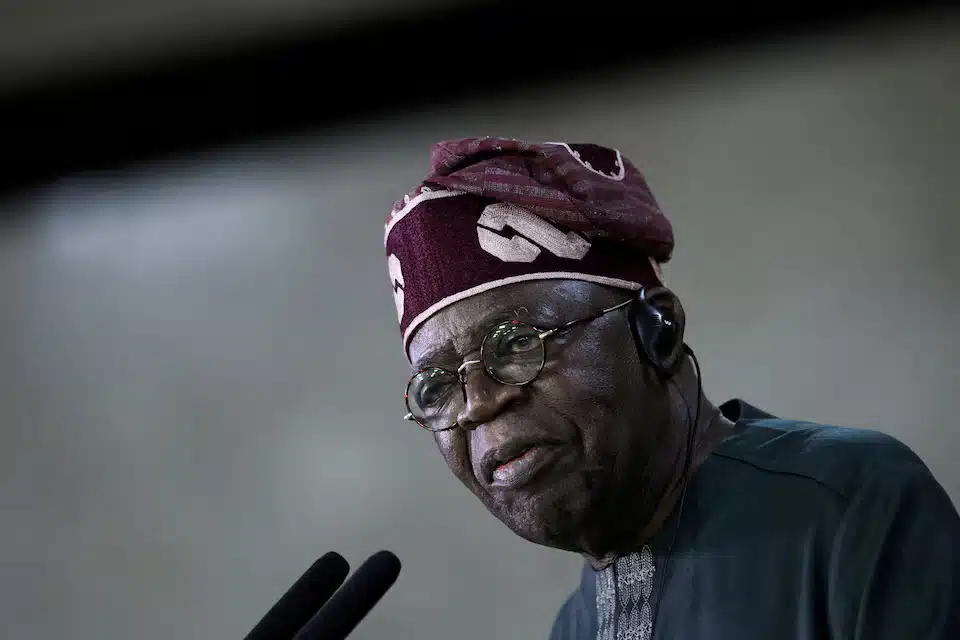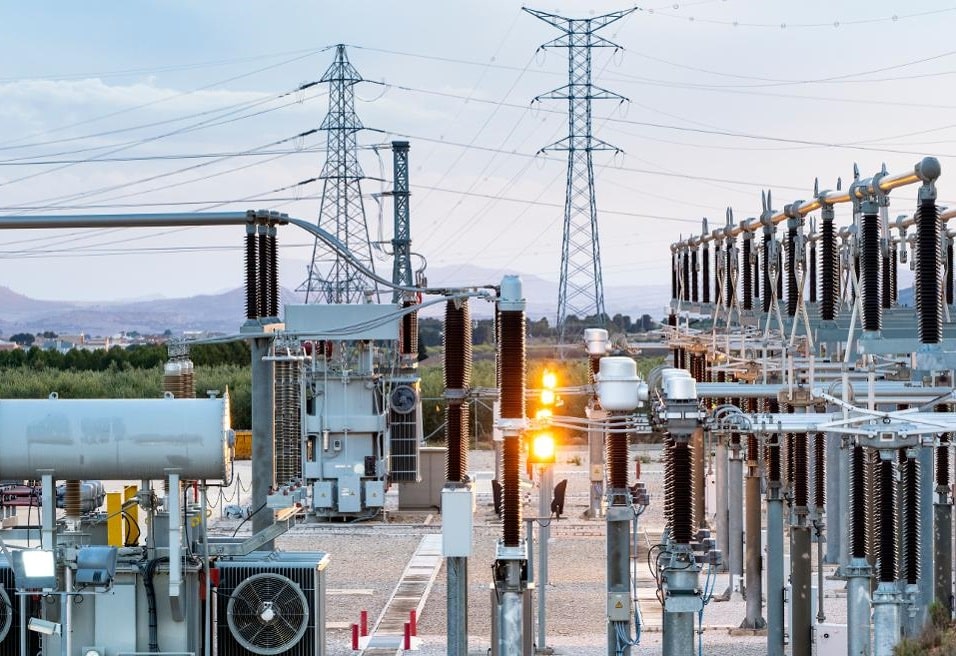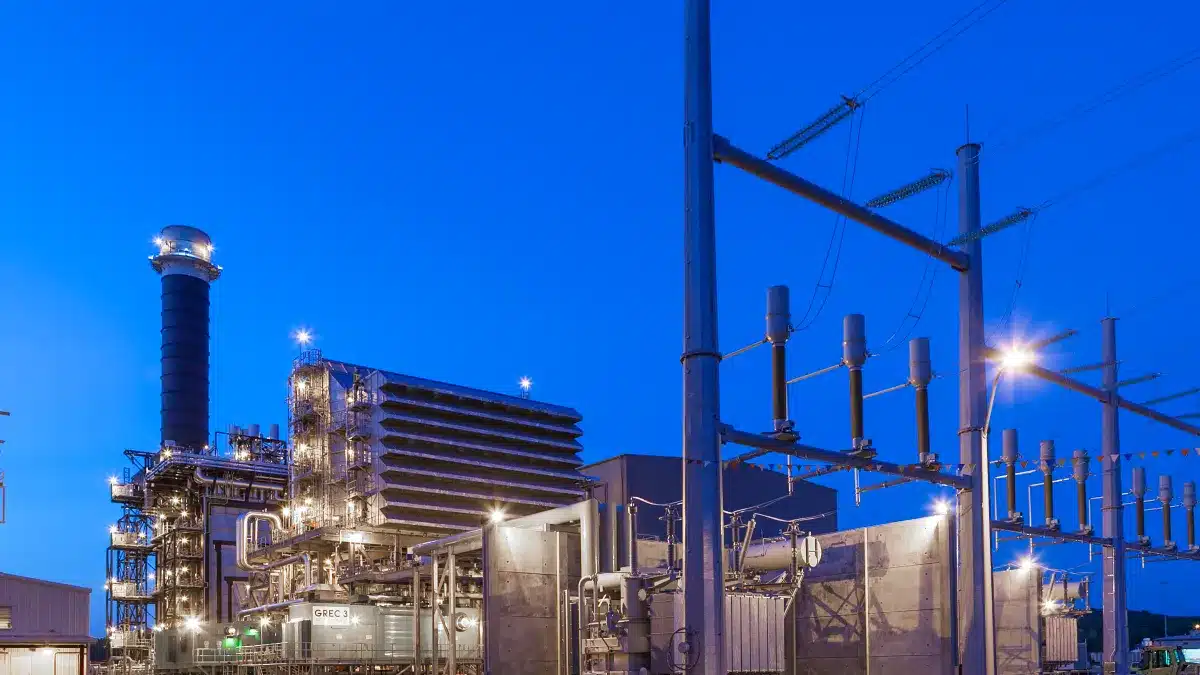Kenya is negotiating a compensation settlement with India’s Adani Group following President William Ruto’s directive to cancel a Ksh 96 billion ($744 million) public-private partnership (PPP) deal for the construction of electricity transmission lines and substations.
The discussions are being led by the Treasury’s PPP Directorate and the Kenya Electricity Transmission Company (Ketraco).
They aim for a mutual separation to avoid a formal termination that could expose the government to compensation claims exceeding Ksh 5 billion ($38.75 million).
The move follows increased scrutiny of Adani executives facing legal proceedings in the U.S., and Kenya’s recent record of project cancellations involving foreign investors.
Backstory leading up to this
The project was awarded to Adani Group in 2023 under a 30-year build-operate-transfer model. It aimed to expand and modernize Kenya’s high-voltage transmission network to enhance grid stability and regional power trade.
In October 2024, the High Court suspended the $736 million deal after a petition by the Law Society of Kenya (LSK).
Justice Andrew Bahati Mwamuye barred authorities from implementing the contract or entering new agreements with Adani to develop power transmission or substation infrastructure.
The LSK argued that the agreement was “a constitutional sham” tainted with secrecy and lacking transparency, in violation of public procurement and governance principles.
The transmission line project was the second Adani-linked deal halted by Kenyan courts in as many months.
Meanwhile, in September 2024, another High Court ruling stopped President Ruto’s plan to allow Adani Airport Holdings Ltd. to operate Jomo Kenyatta International Airport for 30 years under a PPP arrangement.
Both projects had faced criticism over the lack of public disclosure, raising concerns about governance and potential conflicts of interest in major infrastructure concessions.
Why this matters
The cancellation of the Adani deal adds to Kenya’s growing list of disputes with foreign investors, deepening concerns about fiscal exposure and investor confidence.
Analysts note that recurring project cancellations risk portraying Kenya as a high-risk destination for large-scale investments.
Several major infrastructure contracts particularly in the road and energy sectors have already ended in costly compensation claims and awards.
In the energy sector, the collapse of the Adani partnership delays Kenya’s plans to strengthen its national grid and expand electricity access and the country’s industrial growth agenda.










